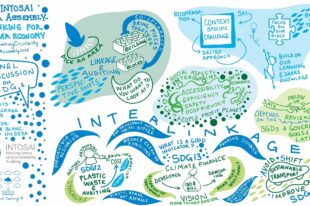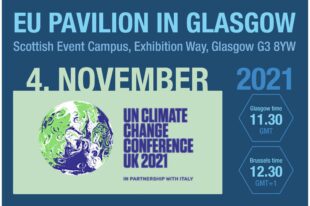ClimateScanner: The Global Voice of SAIs on Climate Change
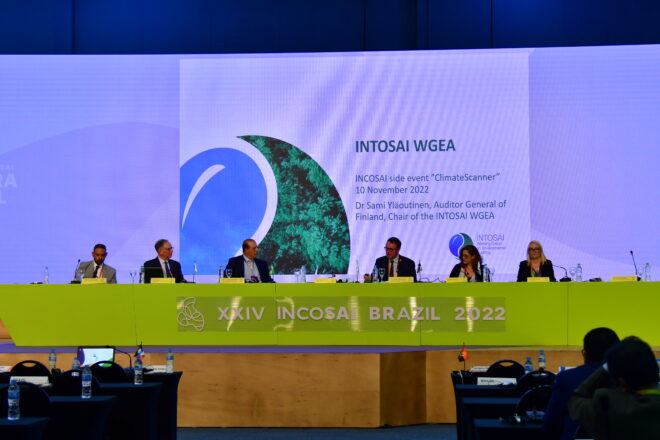
By Dashiell Velasque da Costa, Government Auditor at the Federal Court of Accounts (TCU, SAI-Brazil).
On November 10th, 2022, as part of XXIV INCOSAI’s side event program, the Brazilian Federal Court of Accounts (TCU-Brazil) held the official launch of the ClimateScanner Global Initiative. The session was an opportunity to present the project, its goals, and the strategy for implementation. The event was opened by Minister Bruno Dantas, President of TCU-Brazil and current Chair of INTOSAI, and had the participation of Minister Augusto Nardes (TCU-Brazil), Auditor General Sami Yläoutinen (National Audit Office of Finland, INTOSAI Working Group on Environmental Auditing – WGEA), Bob Saum (World Bank), Barbara Brakarz (Inter-American Development Bank), Fernando Andrade (United Nations Development Programme), and Vivi Nienmenmaa (INTOSAI WGEA).
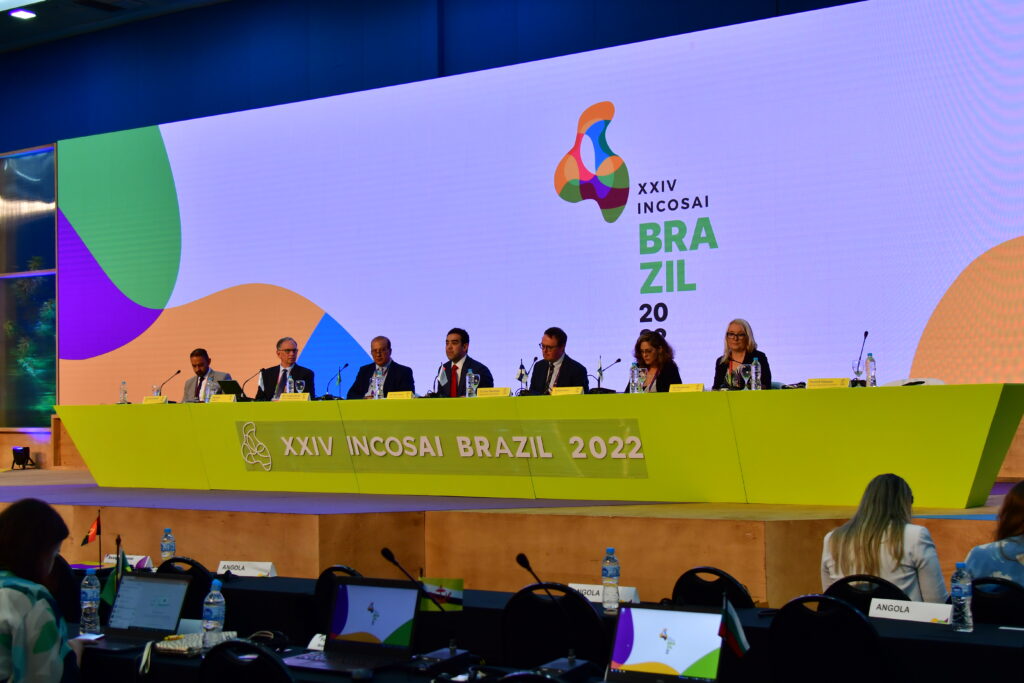
The ClimateScanner will gather Supreme Audit Institutions (SAIs) around the world to conduct an independent assessment on governments’ actions towards climate change. It is one of TCU-Brazil’s main projects as chair of INTOSAI and is also part of the Work Plan 2023-2025 of INTOSAI WGEA, related to the Climate & Biodiversity Hub.
ClimateScanner consists of a rapid review tool for assessing governmental actions in governance, financing, and public policies at the national and international levels. In addition to the assessments in the national level, the tool will allow for the consolidation of global overview data, produce useful information for the planning of future work by SAIs regarding climate change, and communicate relevant information to stakeholders. The project will also be an opportunity for exchanging knowledge and experience among SAIs, as well as for strengthening INTOSAI as a relevant global actor.
The tool will be developed throughout 2023, and the results of ClimateScanner will be available and communicated by 2024.
Development
The core of the ClimateScanner is the development of a tool for SAIs to conduct rapid reviews of governmental actions related to climate change. This will be done by means of standardized assessments in the contexts of the participating countries, making it possible to consolidate results in a global picture—that is, an overview on governments’ climate action around the world.
This development will be conducted throughout 2023 by the ClimateScanner Executive Group, composed of several SAIs. The Executive Group’s main task will be developing the methodology for assessing the three axes: governance, financing, and public policies. Given that nations face distinct climate issues and act on them in different ways, the challenge will be identifying which aspects of governmental climate action can be considered common ground for all these countries, and focusing the review on those topics. It will also be necessary to adopt standardized metrics, so results can be consolidated by the end.
Besides carrying out the construction of a methodology, the Executive Group will have other tasks, such as mapping SAIs’ capacities regarding climate change; developing research for the conceptual and legal basis for the ClimateScanner tool; providing technological solutions for the platform; running pilot tests, and; employing communication strategies. Since this project is a joint effort of many SAIs, there will also be room for executing analyses of climate-related cross-border issues, which will complement the national and global assessments. Expertise in those tasks will be greatly appreciated.
It is worth noting that, while auditors work on evaluations of government action, they are not necessarily experts in climate topics, environmental issues, or methodological and technological solution development. As a result, the ClimateScanner Executive Group will also benefit from the contribution of external experts in those areas, from different institutions.
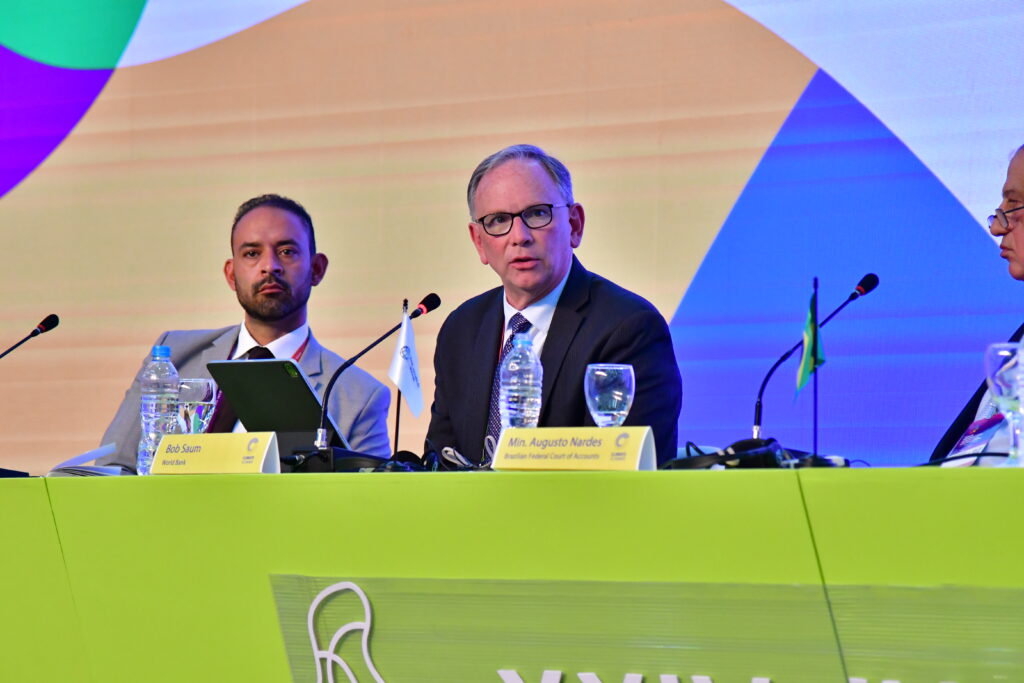
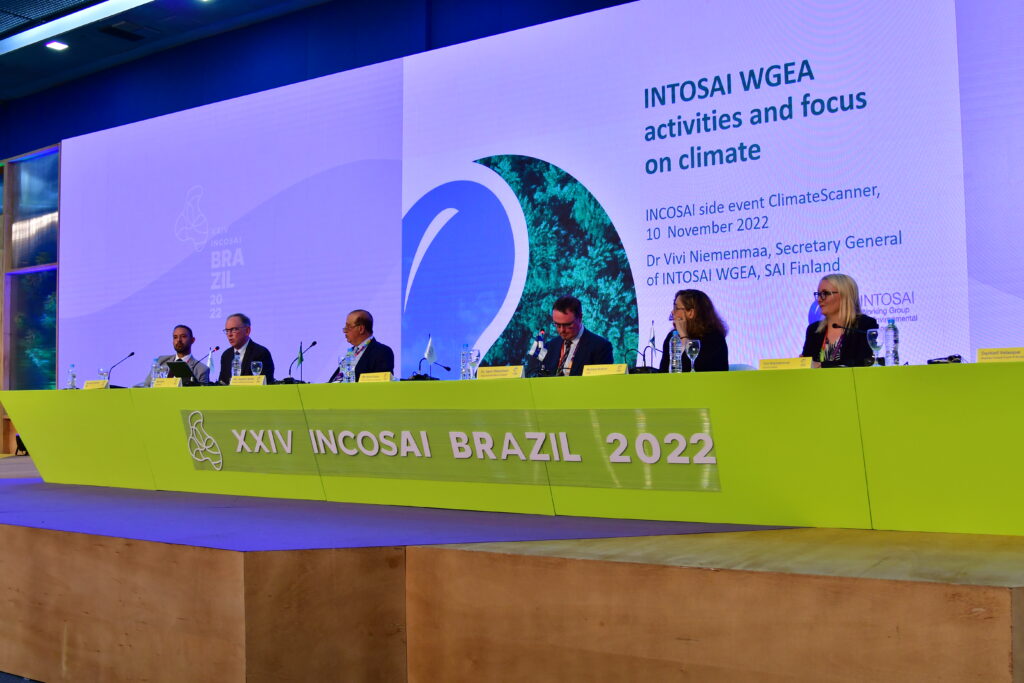
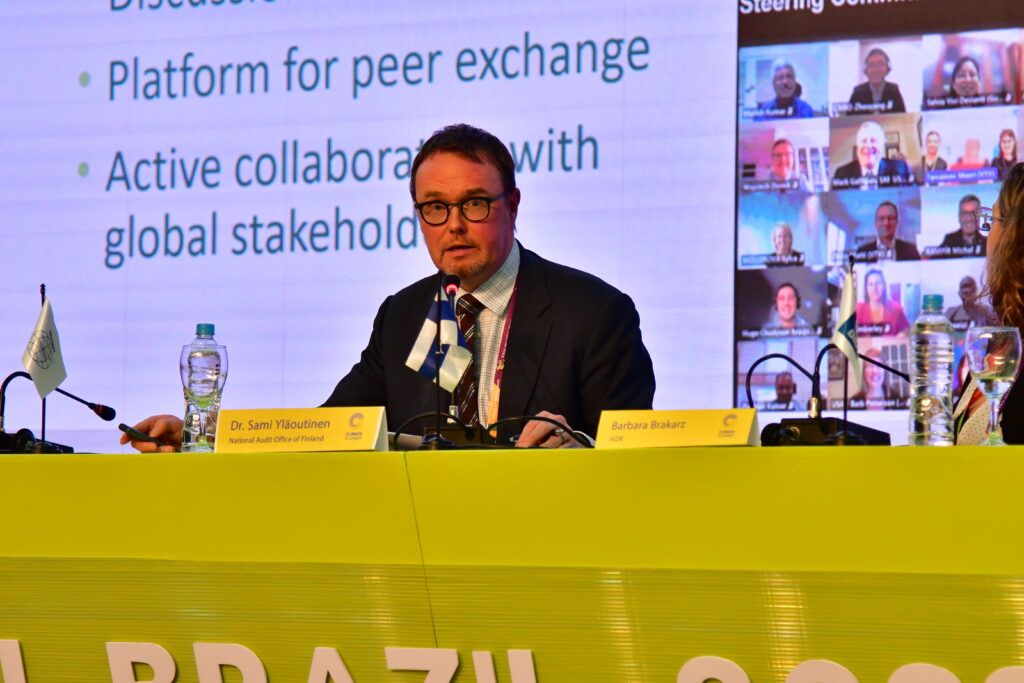
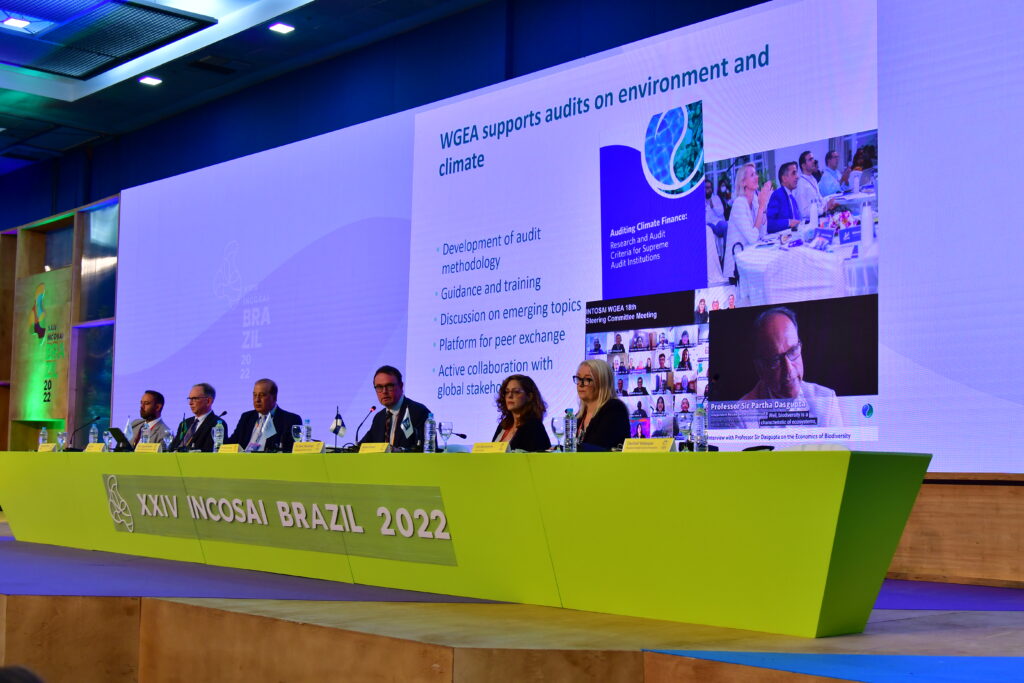
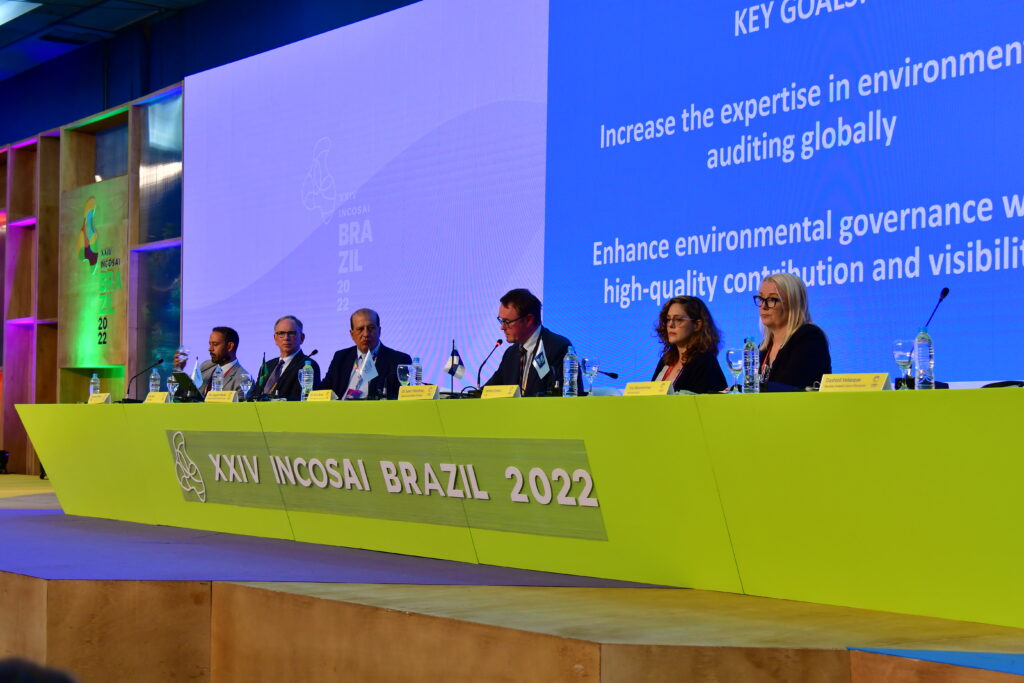
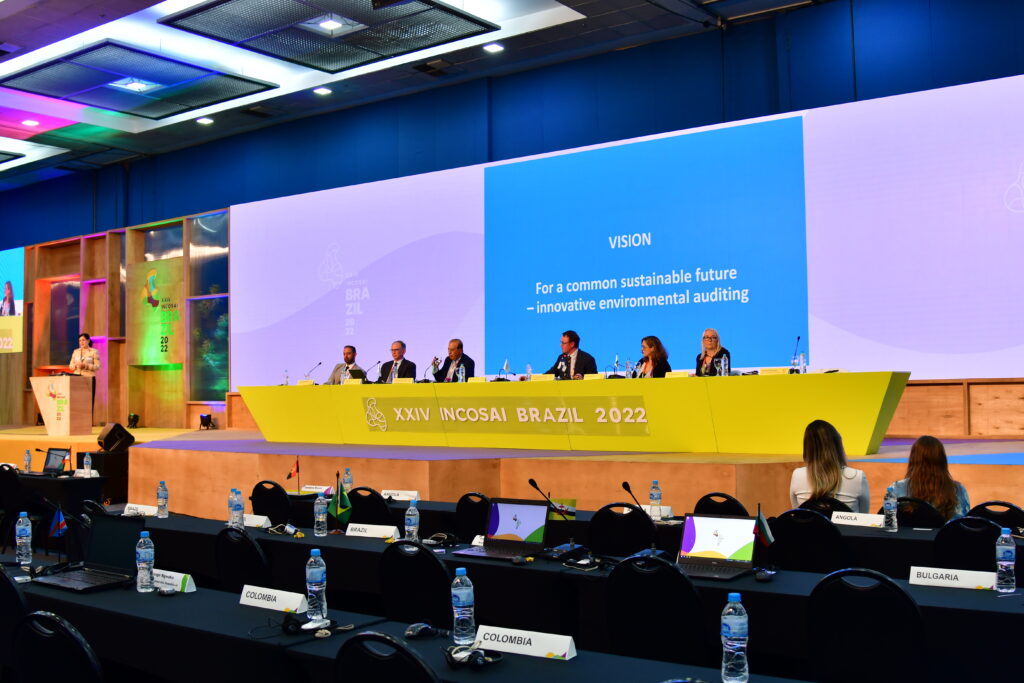
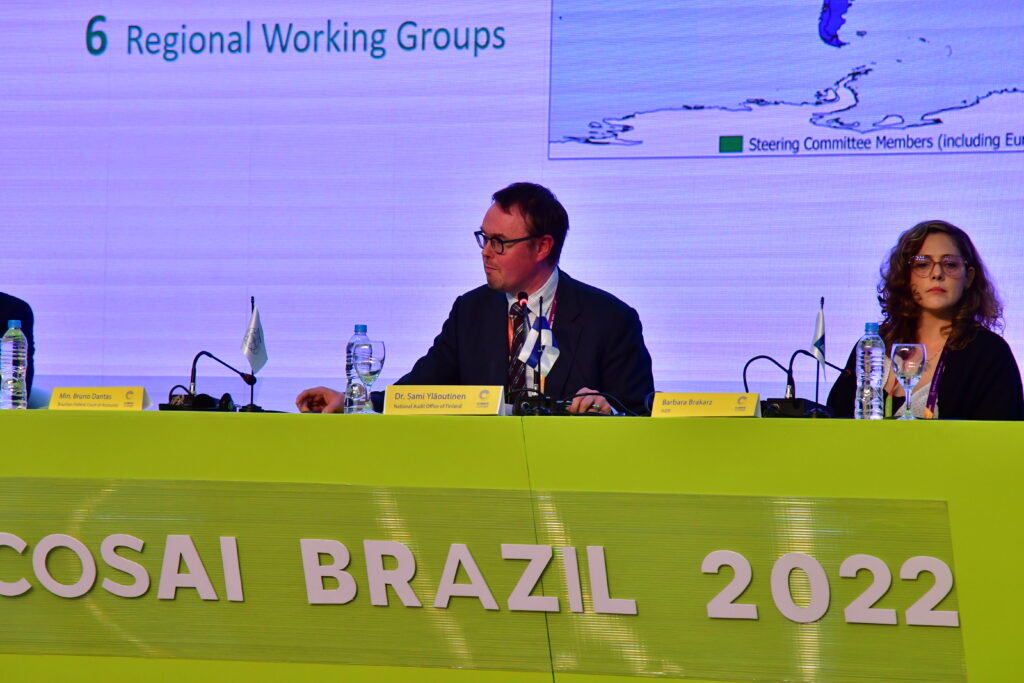
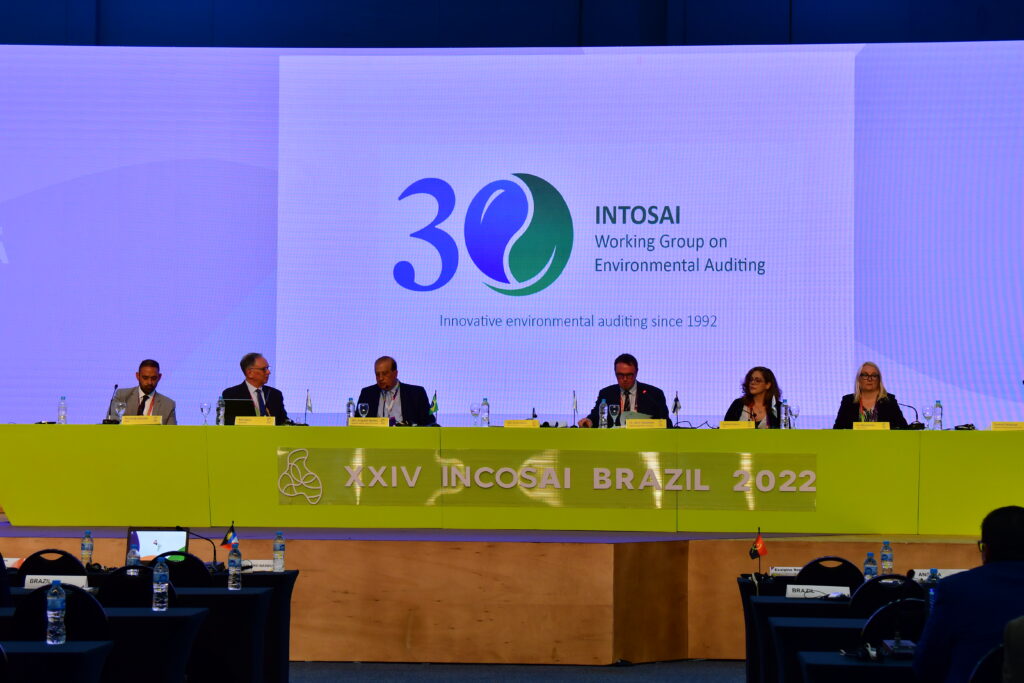
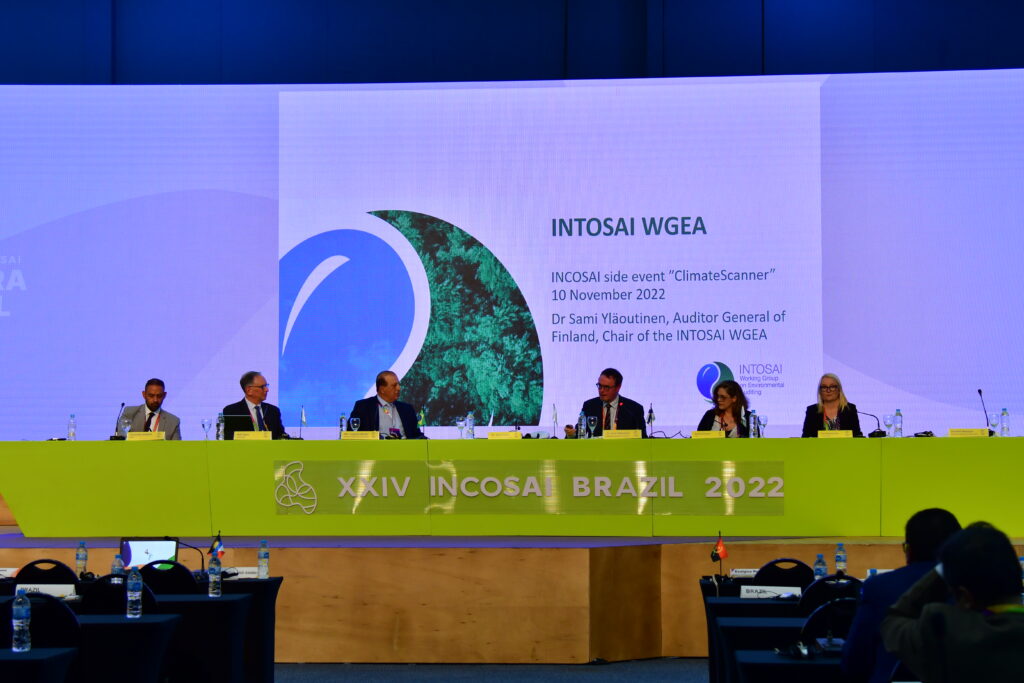
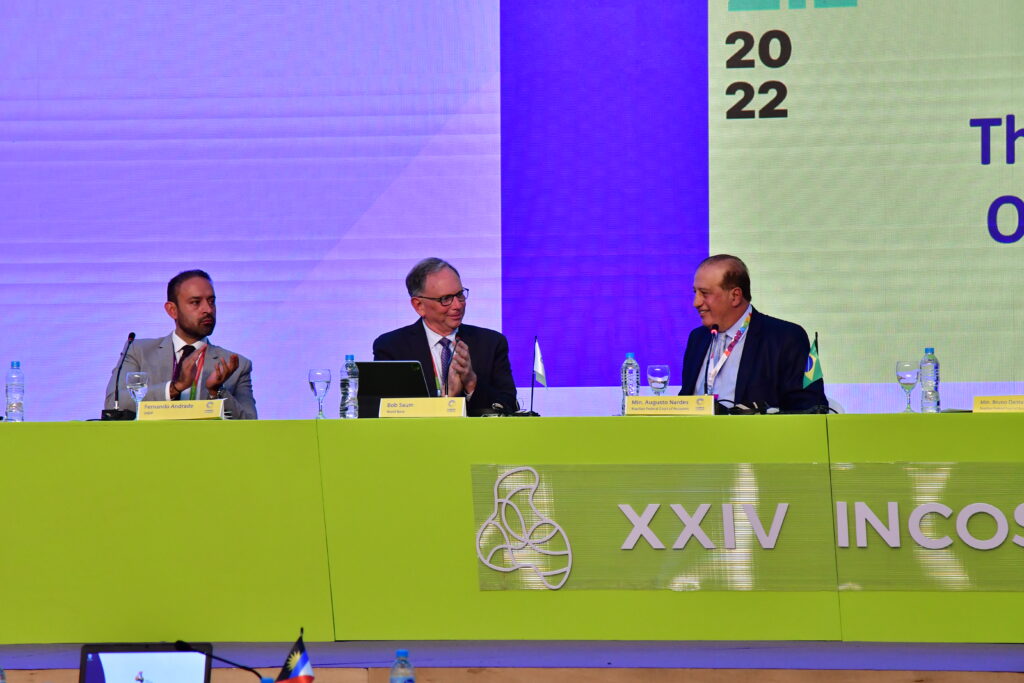
Results and Communication
Climate change is a vast subject, and, if we aim to communicate messages about necessary government actions to address it on a global level, ClimateScanner will need to focus on a manageable scope, and to find common issues shared by participating nations. With the standardized information generated by applying the ClimateScanner tool, it will be possible to map the main challenges that governments face worldwide regarding climate change, as well as their main strengths, both at the national and international levels. This will provide decision-makers, stakeholders, and SAIs themselves with relevant information for orienting and prioritizing government action and assigning resources to issues considered most critical.
Moreover, the ClimateScanner aims to communicate information in a friendly way, by using plain language, visual resources, and easy-to-navigate technological solutions. By doing so, this initiative aims to reach varied audiences, including civil society and the international community, and to successfully communicate to citizens about how the results of the ClimateScanner assessments translate into impacts on their lives. In turn, the results of the ClimateScanner project and its communication of the findings to the public will help position SAIs and INTOSAI as relevant global stakeholders and contributors to global debates on climate change.
For more information, please refer to https://sites.tcu.gov.br/climatescanner/ingles.html or write an e-mail to climate@tcu.gov.br

